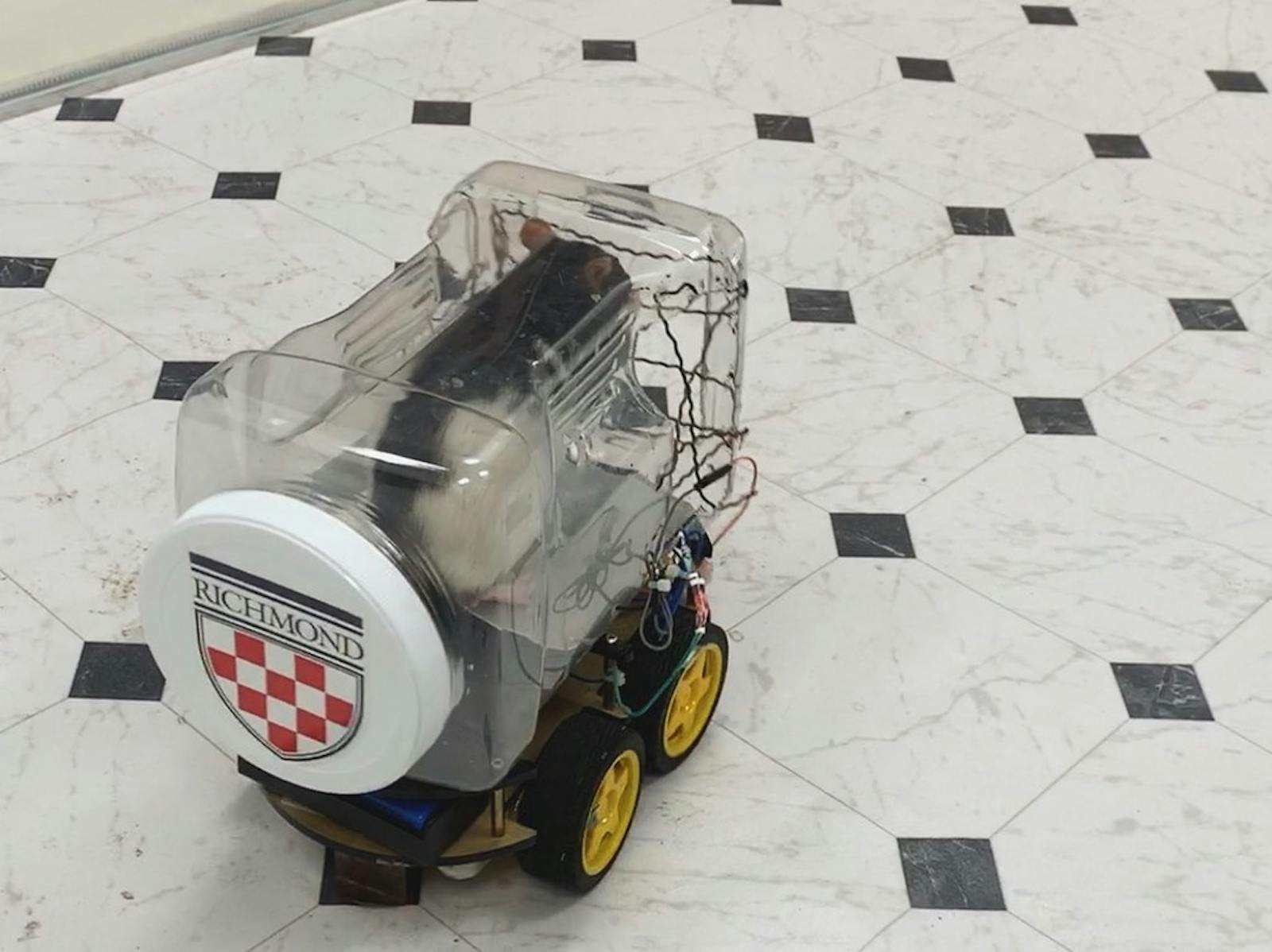Should coronavirus be a concern for cars or parts bought from East Asia?
Thanks to today’s hyper-globalized economy, there’s a good chance you’ll either buy a new car or order parts for your classic ride sourced from an East Asian country. Right now, that region is significantly impacted by the coronavirus outbreak.
With that said, is the risk of infection a serious concern for the auto industry workers or classic car hobbyists? The short answer is that it is quite unlikely, but let’s take a deeper look.
According to the CDC, the virus survives about two hours on copper and steel surfaces, and there’s concern it can last longer on plastic and cardboard. The likelihood that the coronavirus lives long enough on a package to reach the USA is low, since it normally takes weeks (or months!) to arrive.
The CDC also states that physical contact with infected objects “is not thought to be the main way the virus spreads.” Which is good for this discussion, as contact with a part (or vehicle) made in a country with a coronavirus outbreak is absolutely nothing like being next to a person with the flu in an airplane.
That difference cannot be understated, so I continued my purchase habits as normal: in mid-January I ordered bulk LED light bulbs for my collection of Fords, coming from China due to the obscure requirements (size T-5, warm white tone matching the factory incandescent bulbs) and obvious cost savings. The last point is crucial when the need at such a high volume, as you won’t believe how many T-5 bulbs lie within the 1984-1989 Lincoln Mark VII’s backlit facades.

It’s seven (and counting!), but that’s not the point.
The packages arrived last week, complete with shipping labels from China. I removed the bulbs, threw away their packaging, and washed my hands. While I didn’t wash my hands for the CDC-recommended 20-second duration, I didn’t touch my face at any time beforehand. And that’s not a knee-jerk reaction to the coronavirus; that’s how I normally behave while handling car parts of any origin.
The odds of me getting sick is probably close to zero, but considering a possible 27-day incubation period, perhaps time will tell if one of Hagerty’s newest staff members falls prey to the coronavirus.
Watch this space, but don’t expect my untimely departure!


